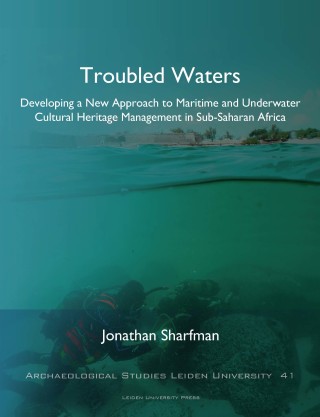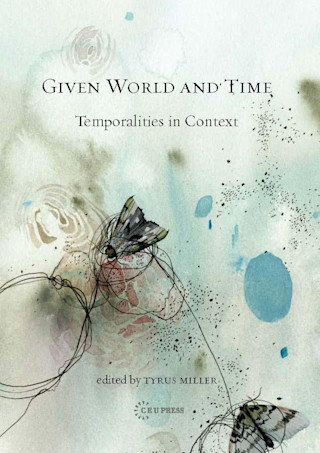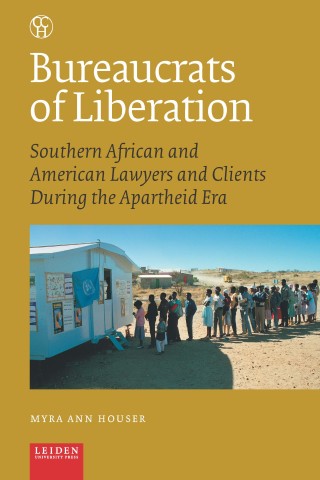CONTENTS
Preface
About this book
Introduction
Eva/Krotoa (ca. 1641-1674), Interpreter, beautiful maiden, malicious woman
Marie Jeanne des Pres (1675-1763), “The first of these was Mary chosen”
Johanna Maria van Riebeeck (1679-1734), “Cape stories”
Maria van Hoeven (169?-1737), “Dear soul”
Susanna de Vries (née Bosman) (1711-1755), “An Afrikaans woman in an untamed region”
Elizabeth Bosman (1720-1784), A daughter writes about her father
Elizabeth Conradie (1746-1806), “Devout farmer’s wife”
Machteld Smith (1749-1821), A Mother of Israel at the Cape
Johanna Duminy (1757-1807), “While laughing and talking”
Magdalena Retief (née De Wet) (1782-1855), “The mother of all suffering”
Helena Susanna Hauptfleisch (née Le Roux) (1783-1851), “A deeply devout soul”
Women poets in and around the Bosman book of verse, “Incapable of writing poetry”
Magdalena Jonker (née Van Zyl) (1765-1831), “A shining light in a remote region”
Hester Venter (1750-18??), “Many a woman, defenceless maiden or innocent infant slain”
Anonymous (fl. ca. 1800), “Through meeting again in eternal life”
Catharina Allegonda van Lier (1768-1801), “Like a bush in the desert”
Missionary in her own right Sophia Burgmann (1769-1811)
Augusta Uitenhage de Mist (1786-1832), The travel journal of a Dutch female traveller to Africa
Anonymous (ca. 1775), “A talk between a mother and her daughter on the passing away of her suitor”
Christiana Thom (née Meijer) (1788-1816), “Behold my little lamb”
Anna Steenkamp (née Retief) (1797-1891), “From days of struggle”
Petronella Camijn (1787-1868), A cheerful and versatile artist
Susanna Smit (1799-1863), Barefoot crossing the Drakensberg?
Maria de Vooght (fl. 1846-?), “Your loving friend”
H.H. Martinson (fl. 1825-?), A New Year’s wish from 1825
Maria Neethling (née Murray) (1831-1912), Writing as missionary work
Maria Hamman (1832-1874) (and other Hamman women writers), “Your father is already so infatuated with you”
Elizabeth Neethling (née Murray) (1855-1917), “Reporter” of the Anglo-Boer War
Ella Neethling (1862-1926), Missionary work from her sickbed
Anna Pauw (1870-1953), Smiles and tears of a missionary school teacher
Johanna Grobbelaar (fl. 1897), Windhoek, shooting and lots of beer
M.E.R. (Maria Elizabeth Rothmann) (1875-1975), Developing and educating her people
Marie du Toit (1880-1931), The first Afrikaans writer on feminism
Petronella van Heerden (1887-1975), The first female doctor in South Africa
The South African Federation of Women and the Garment Workers Union, Early 20th-century popular fiction
Anna M. Louw (1913-2003), The struggle between good and evil
Elisabeth Eybers (1915-2007), A balancing act between South Africa and the Netherlands
Elsa Joubert (1922), Opening eyes
Sheila Cussons (1922-2004), Mysticism and Catholicism in Afrikaans poetry
Olga Kirsch (1924-1997), Bringing Israel and Judaism to Afrikaans poetry
Ina Rousseau (1926-2005), A failed Eden
Wilma Stockenström (1933), Stripped African landscapes
Ingrid Jonker (1933-1965), Tragedy in life and death
Petra Müller (1935), Like a pebble perfected by nature
Jeanne Goosen (1938), Master of all
Dalene Matthee (1938-2005), A reader’s writer
Lina Spies (1939), “My mother tongue is my ultimate home”
J.M. Gilfillan (1941), The frailty of life, love and beauty
Corlia Fourie (1944), Writing like playing
Emma Huismans (1946), Heart in Africa, head in the Netherlands
Lettie Viljoen / Ingrid Winterbach (1948), Painting music with words
E.K.M. Dido (1951), First woman of colour to publish a book in Afrikaans
Antjie Krog (1952), “Un-writing” country, body and tradition
Diana Ferrus (1953), Bringing home Sara Baartman
Marlene van Niekerk (1954), Juggler of genres and virtuosa in all
Jeanette





